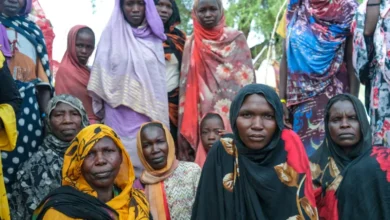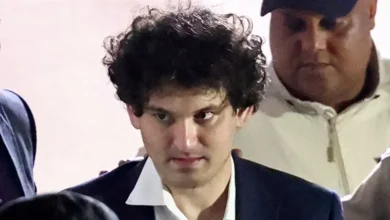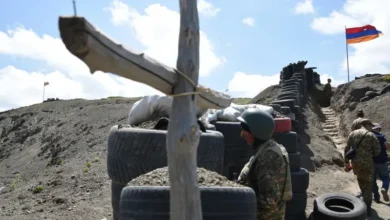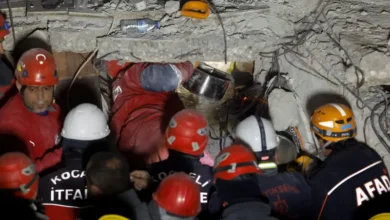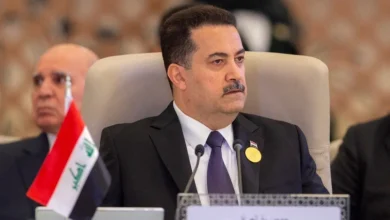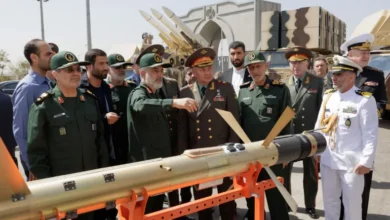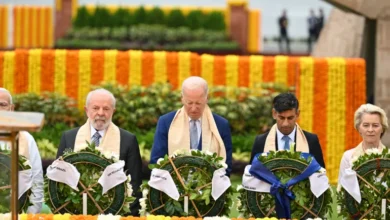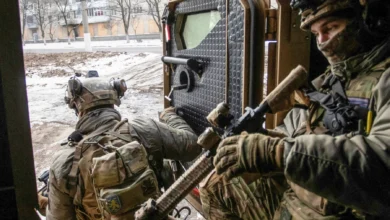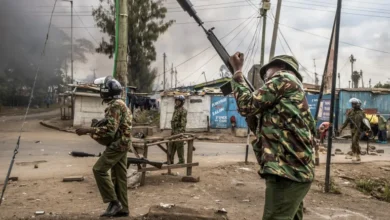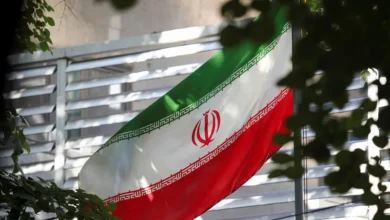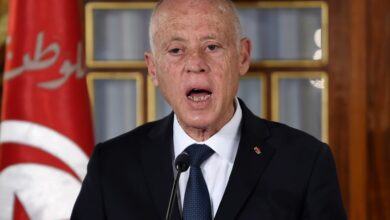In Gaza, ‘we hate the night for what Israel does to us’
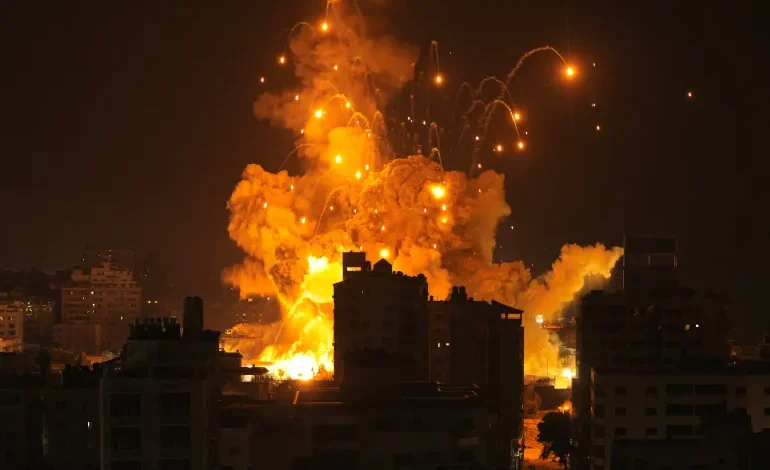
When I was a kid, big, rumbling Israeli bulldozers rolled into our neighbourhood one day and flattened all the houses. Just like that.
The grownups were sad, but they did not seem surprised.We moved from shelters to borrowed houses for years until we finally managed to find a home of our own in Fokhari, east of Khan Younis in the southern Gaza Strip.
We’re close to the Rafah crossing into Egypt and to the separation fence. It has been turbulent, but at least we haven’t had to move so often.
A stained day
When I woke up on Saturday, it was to the sound of rockets being fired. We were pretty sure they were Palestinian rockets being fired into our occupied lands outside Gaza. Lands that our grandparents were forced out of 75 years ago during the Nakba, lands some of us have never been allowed to step onto.
They went on for hours. It wasn’t clear what the reason was though. Was it retaliation because Israel assassinated a Hamas leader? They do that sometimes, assassinate people in the ruling party of Gaza.
Were the rockets a response to what was happening in Al-Aqsa Mosque for the past week, the settler incursions and violence against Muslims trying to pray there?
It could have been anything, Israel does so much to Palestine and the Palestinians.Then the mosque loudspeakers came on people started sending around news and pictures on their phones. A large group of resistance fighters had snuck out of Gaza, “infiltrating” our own occupied lands.
The scenes were horrific, they resembled so many we had seen before from Gaza. But this time, the people lying dead on the ground were not Palestinians. Any and all deaths are traumatic.Looking at our occupied lands
Palestinians poured out of their homes and into the streets – there was confusion in the air.
They shouted as the rockets fired by the resistance streaked overhead – any show of strength, of being able to stand up to the occupier soothed them a little, made a lifetime devoid of hope seem a little more bearable.
To know that Palestinian youth had entered Palestinian lands – lands that had always been so difficult to reach, if not impossible – and were fighting the occupier, face to face. And at the same time, to know that this occupier, supported by the occupier’s powerful, rich friends, will now turn around and annihilate as many Palestinians as it can. What an internal conflict.
When Mohammed Deif, commander-in-chief of Hamas’s armed wing, the Izz al-Din al-Qassam Brigades, spoke, he told the world they were implementing a different type of operation, an actual deployment of ground forces.
The speech did not dissipate the fear and anxiety that hovers over any news of resistance acts. How many of Gaza’s people would die this time?
He said the fence Israel had built to pen us in was now open, that people could go and enter their lands. Hundreds, thousands, of people, headed out of Khan Yunis to the fence.
Looking at our occupied lands
Palestinians poured out of their homes and into the streets – there was confusion in the air.
They shouted as the rockets fired by the resistance streaked overhead – any show of strength, of being able to stand up to the occupier soothed them a little, made a lifetime devoid of hope seem a little more bearable.
To know that Palestinian youth had entered Palestinian lands – lands that had always been so difficult to reach, if not impossible – and were fighting the occupier, face to face. And at the same time, to know that this occupier, supported by the occupier’s powerful, rich friends, will now turn around and annihilate as many Palestinians as it can. What an internal conflict.
When Mohammed Deif, commander-in-chief of Hamas’s armed wing, the Izz al-Din al-Qassam Brigades, spoke, he told the world they were implementing a different type of operation, an actual deployment of ground forces.
The speech did not dissipate the fear and anxiety that hovers over any news of resistance acts. How many of Gaza’s people would die this time?
He said the fence Israel had built to pen us in was now open, that people could go and enter their lands. Hundreds, thousands, of people, headed out of Khan Yunis to the fence.
Gaza’s painful night
During the early hours of that night, Israel began annihilating families and destroying homes.
The extermination started in the south of the Gaza Strip. Nineteen members of the Abu Qouta family were killed in Rafah. A young family was massacred in Beit Hanoon further north – 18 people gone: men, women, children.
The missiles, large and heavy, send strong vibrations through the ground, light up the sky with an intense red colour, and perforate our eardrums with such loud explosions.
They drove scores of people who live in the border areas to take refuge in UNRWA schools, hoping that they would be safe. But in my experience, Israel does not care about such things.

